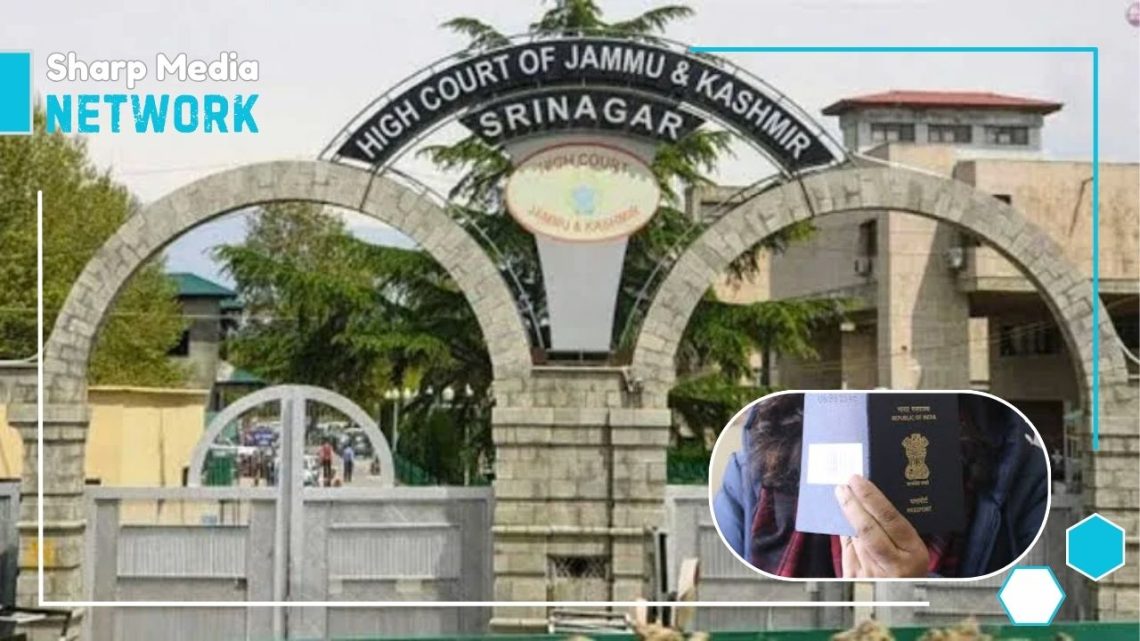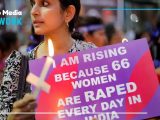
IIOJK HC Rules Passport Denial Cannot Be Based on Family’s Political Affiliations
February 13, 2025In a landmark ruling, the High Court of IIOJK has clarified that a person’s right to obtain a passport cannot be restricted due to the political activities of their family members.
The High Court of Indian Illegally Occupied Jammu and Kashmir (IIOJK) has ruled that a person cannot be denied a passport solely because their family members are involved in pro-freedom activities. The decision came after Justice M.A. Chaudhary reviewed a petition filed by Mohammad Amir Malik, a resident of Ramban district, who had his passport application rejected due to a negative police report.
Malik applied for a passport in September 2021, but the police report cited his brother’s involvement in pro-freedom activities and his subsequent death in a 2011 fake encounter by Indian forces. Additionally, the report referenced his father’s alleged sympathies toward freedom activists. Despite these claims, the court ruled that an individual’s right to travel should not be curtailed based on assumptions or speculations about their family’s actions.
Justice M.A. Chaudhary’s bench asserted that passport eligibility must be determined by the applicant’s own actions, not the actions of their family members. The court emphasized that authorities could only reject an application if there was solid evidence linking the applicant to illegal or subversive activities. In this case, the court found no such evidence against Malik.
Malik, who holds a diploma in engineering, had expressed his desire to travel abroad for better job prospects. However, his application had been unjustly denied based on the activities of his late brother and father, which the court ruled was unfair. This ruling reinforces the principle that an individual’s personal rights should not be violated due to family associations or political views.

